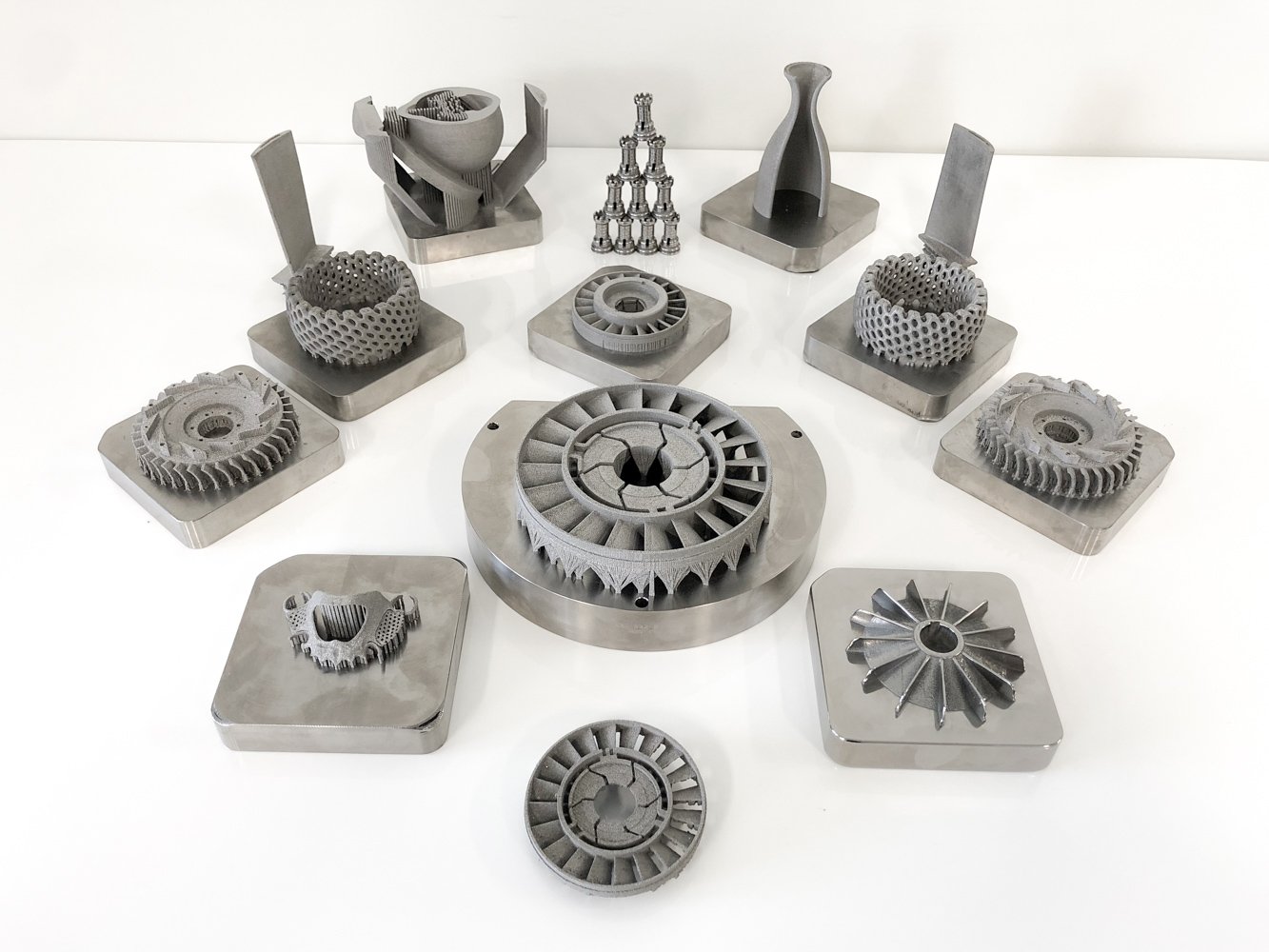Aurora Labs, an Australian metal 3D printer manufacturer, has reported a boost in the sales of its metal 3D printer Aurora Labs S-Titanium Pro.
According to the most recent quarterly financial returns of the company, “Aurora is pleased with the continued progress from its S-Titanium Pro with sales revenue increasing to near 70% of the total of FY2018 in the first quarter of FY2019 with a good pipeline of future sales and enquiries.”

Aurora Labs S-Titanium Pro
In an earlier interview with 3D Printing Industry, Nathan Henry, Aurora’s Director of Marketing and Business Development, talked about the company’s commitment to bringing metal 3D printing to the masses. Priced at $49,999, the Aurora Labs S-Titanium Pro has helped build Aurora’s reputation in this direction.
The S-Titanium Pro weighs about 150 kg and has a build envelope of 200 x 200 x 250 mm. The 3D printer comes with three independent hoppers for powder loading and can print with a minimum layer thickness of 50 μm.
Aurora’s open source approach to materials lets the client use metal powders from third parties. This makes the S-Titanium Pro especially useful for research institutes who need the freedom to choose materials for specific experiments
Furthermore, the S-Titanium Pro has three different printing modes which can be used for different tasks. These modes are Direct Metal Laser Sintering (DMLS), Direct Metal Laser Melting (DMLM), and Directed Energy Deposition (DED), which is particularly used in the aerospace and automotive industry.
The S-Titanium Pro goes to university
This year, the Rey Juan Carlos University, Madrid acquired the Aurora Labs S-Titanium Pro. Joaquin Rams, Deputy Director of Applied Mathematics at the University, explained, “I consider the flexibility of the Aurora Labs S-Titanium Pro system perfect for academic use, as it allows modifying many parameters including types of powders and even mixtures of powder, which is not commonly seen in metal 3D printing systems.”
Furthermore, two of the S-Titanium Pro 3D printers were installed in Denmark, including the Technical University of Denmark (DTU) in Lyngby.
In August 2018, Hyon Engineering in Germany also acquired the S-Titanium Pro. The company provides a range of 3D printing services to its clients in the aerospace and automotive sector.
Odon Szinyi, Managing and Technical Director at HYON Engineering, explained the motivation behind acquiring the S-Titanium Pro. Szinyi said, “The Aurora Labs S-Titanium Pro will be used to print parts for customers and the ULC.EVs (ultra-low-consumption electric-vehicles) we are developing.”
Szinyi continued, “It was the right choice for us due to the large build volume and it has excellent value for money considering 3D printers of this size and abilities often cost over more than a quarter million euro.”
In addition to making metal 3D printers more accessible, Aurora is also concerned with speeding up the process of 3D printed part validation. To achieve this end, the company has collaborated with the oil & gas and marine standards organization DNV GL, a partner of NAMIC on a marine 3D printing research project.
For the latest business news related to 3D printing, subscribe to our 3D printing newsletter. Also join us on Facebook and Twitter.
Visit our 3D Printing Jobs to start a new career in 3D printing.
Featured image shows metal 3D printed samples from Aurora Labs. Image via Aurora Labs.


